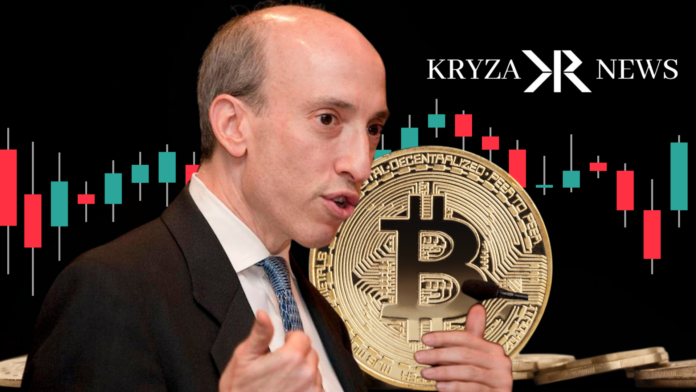The financial world is abuzz with the recent approval of Bitcoin exchange-traded funds (ETFs) by the U.S. Securities and Exchange Commission (SEC). This milestone has sparked comparisons to the transformative impact that gold ETFs had on the precious metal market two decades ago. While hopes are high for Bitcoin ETFs to revolutionize cryptocurrency investing, it’s essential to explore the nuances and potential pitfalls, drawing lessons from past financial phenomena.
Gold ETFs: A Precursor to Transformation
Two decades ago, gold ETFs revolutionized the gold market, opening up a new asset class for investors. The ease of investing in gold through these funds, without the need for vaults or armed guards, propelled a massive rally, with over $100 billion now stashed in gold ETFs in the U.S. This success story serves as a backdrop for the current excitement surrounding Bitcoin ETFs.
Bitcoin ETFs: A Game-Changer in the Making?
With Standard Chartered predicting Bitcoin’s price to double to $100,000 and the recent SEC approval paving the way for Bitcoin ETFs in the U.S., expectations are running high. The parallels drawn between gold and Bitcoin ETFs suggest the potential for a significant shift in the cryptocurrency industry. However, cautionary tales of past financial fads, like meme stocks during the pandemic, remind us that not all hyped innovations translate into lasting success.
The Potential Impact on Cryptocurrency Investing
Bitcoin ETFs, hailed as a gateway for both institutional and retail investors, could address the limited options available for institutional investors to access the world’s largest cryptocurrency. Without such ETFs, investors resort to alternatives like futures ETFs or closed-ended funds, each carrying its own set of challenges, including high fees. The introduction of Bitcoin ETFs may bring substantial capital into the market, akin to the influx seen with gold ETFs, potentially reshaping the dynamics of the cryptocurrency industry.
Lessons from Gold to Bitcoin
Drawing a parallel with the gold market, experts anticipate a sizable market for Bitcoin spot ETFs, potentially reaching 10% of Bitcoin’s market capitalization in the next few years. The approval of a Bitcoin spot ETF by a traditional institution is seen as a significant validation for the cryptocurrency space, positioning Wall Street as a more dominant player globally.
The Intersection of Traditional Finance and Crypto
Bitcoin ETFs signify the convergence of traditional finance and cryptocurrency. As financial giants like BlackRock explore the possibility of recommending Bitcoin ETFs to clients, a scenario where traditional finance firms advise small allocations to crypto via ETFs becomes plausible. The organic demand for Bitcoin itself, driven by institutions seeking exposure through ETFs, could further solidify Bitcoin’s position in the global financial landscape.
Conclusion:
The journey from gold ETFs to the anticipated rise of Bitcoin ETFs showcases the evolving landscape of investment options. While optimism surrounds the transformative potential, the cautionary tales of financial fads underscore the need for a nuanced perspective. As the cryptocurrency industry and traditional finance intersect, the approval of Bitcoin spot ETFs is poised to have a lasting impact, potentially reshaping the dynamics of both worlds. Investors and industry observers alike are now closely watching as the narrative of cryptocurrency investment continues to unfold.






